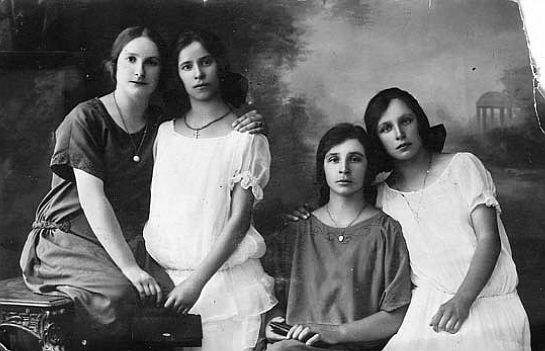
After the construction of the Suez Canal, Slovenian women from the Primorska (Littoral) region – as well as some from Carinthia – left their homes and began new lives in Egypt, where they worked as maids, wet nurses, housekeepers, and nannies. They were escaping difficult living conditions in Europe, where high taxes and debts had made rural life unbearable for many. In Egypt, where they were employed by expats and wealthy Egyptians, they became known as “Aleksandrinke” – the Alexandrians – after the cosmopolitan Egyptian city of Alexandria.
Many of the women even left their own young children to work as wet maids. Some returned after a few years, but many others remained in Egypt. Most kept in touch with their families in Slovenia; their letters back home are now considered fascinating examples of the immigrant experience. Just as important as the letters was the money that they sent to Slovenia. The cash helped many families to survive in an era of great economic hardship.
Regardless of their social status, “Aleksandrinke” remained deeply committed to Slovenian culture. They organized literary events, theater performances, and concerts in their native language. Their cultural life became even livelier after World War I, when Fascist repression in Italy prompted a new wave of Slovenian women to leave for Egypt.
Entire generations of children were left with fond memories of the Slovenian women who had helped in their upbringing. Even the former UN Secretary-General Boutros Boutros Ghali was among those who had a Slovenian nanny. These memories are now a part of the legacy of “Aleksandinke” – brave Slovenian women who sought a new across the sea.
Jaka Bartolj

































































